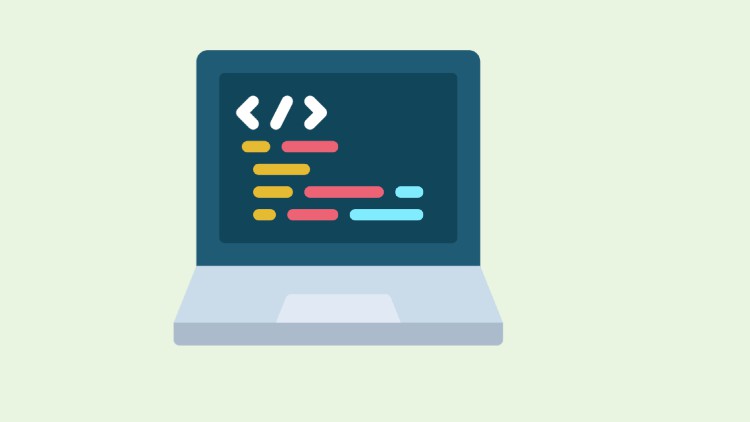
C++ Kickstart: Master the Basics and Build Your First Programs
What you will learn
Understand the fundamentals of C++ programming language.
Familiarize themselves with the syntax and structure of C++ programs.
Declare and initialize variables of different data types.
Perform arithmetic operations and use mathematical expressions in C++.
Utilize control flow structures such as if-else statements and loops to control program execution.
Implement decision-making logic using switch statements.
Create and call functions to modularize code and improve reusability.
Work with arrays and manipulate array elements effectively.
Handle and manipulate strings using C++ string functions.
Gain knowledge of object-oriented programming (OOP) principles and concepts.
Define and create classes to model real-world entities.
Implement inheritance to establish relationships between classes.
Understand polymorphism and utilize virtual functions for dynamic method binding.
Encapsulate data and behavior within classes using access specifier
Read from and write to files using file input/output operations.
Handle errors and exceptions using exception handling techniques
Accept user input and display output using console input/output streams.
Description
The “C++ for Beginners: Master the Basics of Building a Program” course is a comprehensive introduction to the C++ programming language designed for individuals with no prior coding experience. This course provides a step-by-step learning path that covers essential concepts, syntax, and techniques needed to develop robust and efficient programs using C++.
In this course, you will embark on an exciting journey into the world of C++ programming, starting with the fundamentals and gradually progressing to more advanced topics. Through a combination of theory, practical examples, and hands-on exercises, you will gain a solid understanding of the language and develop the necessary skills to create your own programs.
The course begins with an overview of C++ and its role in software development, allowing you to understand the benefits and applications of the language. You will then dive into the basics of C++ programming, learning about variables, data types, operators, and control flow structures. Through clear explanations and code demonstrations, you will grasp the foundational concepts and syntax of the language.
As you progress, the course delves into more advanced topics, such as functions, arrays, strings, and object-oriented programming (OOP). You will learn how to create reusable code using functions and explore the power of arrays and strings for efficient data manipulation. The OOP section will introduce you to classes, objects, inheritance, and polymorphism, enabling you to write more organized and modular programs.
The course also covers important aspects of C++ programming, including file handling for reading from and writing to external files, error handling to gracefully manage exceptions and errors, and console input/output for interacting with users. By mastering these concepts, you will be equipped with the tools needed to create interactive and robust programs.
Throughout the course, you will have ample opportunities to apply your knowledge through hands-on exercises and coding challenges. These exercises are designed to reinforce your understanding of the topics and enhance your problem-solving skills. Additionally, you will work on a capstone project that integrates the concepts covered in the course, allowing you to demonstrate your proficiency in C++ programming.
By the end of this course, you will have a solid foundation in C++ programming and be capable of developing basic to intermediate-level programs. Whether you aspire to pursue a career in software development, enhance your coding skills, or simply explore the world of programming, this course will provide you with the necessary knowledge and confidence to build your own programs using C++.
So, join us on this exciting learning journey and unlock the power of C++ programming! Enroll now and start your path towards becoming a proficient C++ developer.
Content
Introduction to C++
Data Types and Variables
C++ Operators
Control Flow and Decision Making
Object Oriented Programming (OOP)
File Handling and Input/Output
Capstone Project: Student Management System